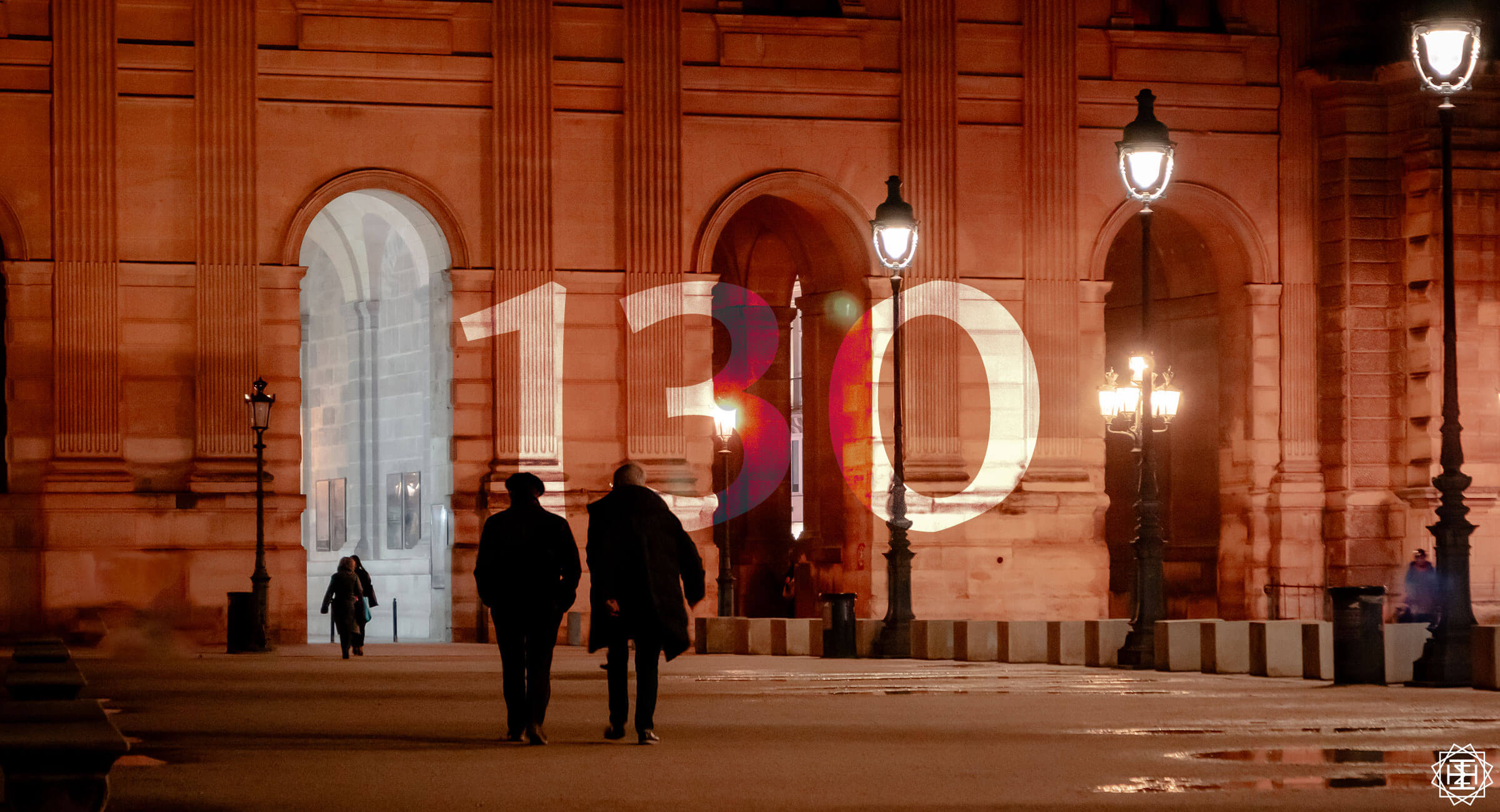I Cried from the Depths – Translating Psalm 130
Sharing in the divine grief and emotion of the Lord, the soul of this psalmist is in the depths. Yet they continue to trust and cry out to the Lord. They know that the LORD is full of mercy and forgiveness. With Him, there is redemption in abundance. That redemption will come in such abundance that it will redeem all of Israel. So, on behalf of all those people, they let their voice cry out to the Lord. Be attentive to our cry for mercy.
Psalm 130
I Cried from the Depths
Song of Ascension
1Out of the depths, I cried to You, LORD, * 2 Lord, hear my voice. Let Your ears be attentive * to my cry for mercy. 3If You, LORD, kept a record of ungodliness, * then, Lord, who could stand? 4But with You, there is forgiveness, * so that You may be revered. 5I wait for the LORD, my soul waits, * and in His word I put my hope. 6My soul waits in hope for the Lord, * more than the night-watch waits for the dawn. Yes, more than the night-watch waits for the dawn, * 7 Israel waits for the LORD. For with the LORD there is mercy, * and with Him redemption in abundance. 8And He will redeem Israel * from all their ungodliness.
Broken for a nation
Out of the depths, I cried to you. Immediately, we are thrust into the emotional inner world of the psalmist. They are in the depths. They are looking up. Their song ascends and transcends the heights. They are crying out in the hope that the Lord will hear their voice. Yet, who is this voice for? On whose behalf are they pleading for mercy? It is not for them alone, but for the people of Israel.
Our psalmist here is broken for a people. A group that may not even know that they are broken. More people than they can even know. They are sharing in the experience of the prophets. The experience of sharing, in part, the broken heart of God over the state of a people. This can be known as “divine pathos.” While the gaze of this divine emotional sharing is towards a group of people, it is they who are experiencing this intensity personally and crushingly.
This intensely personal experience of divine pathos makes sense of the middle of this psalm. They are waiting for the Lord. The soul waits to be lifted out of the depths. They know enough of God’s previous works that they expect redemption. They have such anticipation for that redemption. They wait for it. They expect it. They stand looking for it with the same confidence and anticipation as those who are on the night-watch expecting the coming dawn. God will redeem Israel. The Lord will arrive. The Lord will address and transform their ungodliness through His redemption.
Struggling with Iniquity
Twice in this psalm is a word often translated as iniquity. A word that we fail to use or grasp in our time. Other contemporaries have chosen to render this word as sin because of our cultural linguistic shift, with iniquity falling out of use. However, the understanding of sin is quite a bit different from that of iniquity. Sin is often first thought of as individual wrongs being committed. There is a pervasiveness to iniquity that is a natural out-flowing of a person.
The context of this psalm also helps lead us to this conclusion. In verse three, this term stands in direct contrast to the righteousness and justice of God. Again, it appears in the final verse that abundance and redemption will redeem them from this. There were sin offerings that could be made in the temple. The psalmist isn’t asking the Lord to accept their offering. They are making a greater appeal to Him. That this redeeming redemption that the psalmist was crying out for, was for something bigger. It was for the ungodliness of the people. May the Lord redeem us from being so unlike God so that we can stand before him again. Lord, in your grace, let us stand before you.
Selecting a Title
The Latin title given to this psalm is ‘De Profúndis Clamávi’ or ‘From the Depths I Called’. These three words are the first three words of the psalm from the Vulgate. This is commonly done so that those who have memorized the Psalter can simply hear the first few words and know which psalm is being referenced. Musicians often do this to remind those performing with them what the next song is. Bringing this phrase into English is a bit longer than I would like. So I have chosen to flip the order of our translation and simplify it. This takes “Out of the depths, I cried to You” and becomes our title, “I Cried from the Depths.”
Initial Translation Finished 23 August 2023 · Psalm Reading level: 3rd Grade
Notes
Translations for Urban Monastic are open to refinement and improvement. This has been translated. Yet, this is a reminder that no translation is ever complete. Cultures change, languages change, we better understand the source texts and languages, and adapt them as they get used in context. We will continue to refine and enhance our translations. If you are interested in helping, please let us know!
Photo Credit
Paul Prins on 27 February 2020 in Paris, France.
Share with those you know:


